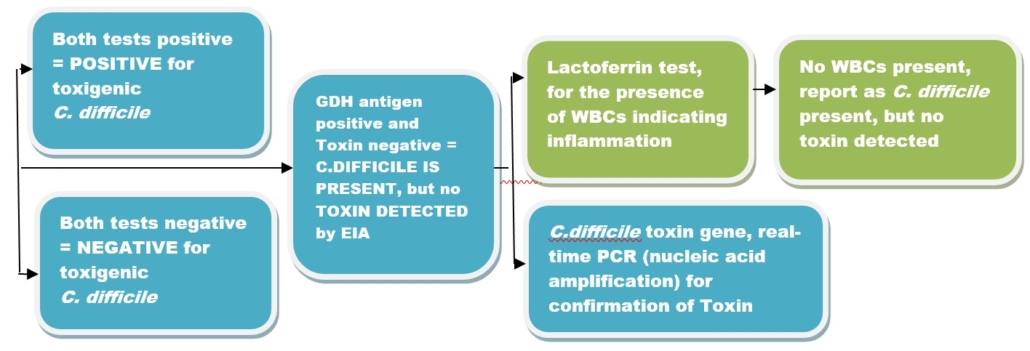NICL Laboratories is pleased to add Procalcitonin to our in-house esoteric testing menu. This test will be available seven (7) days per week.
Procalcitonin (PCT) is the precursor to calcitonin, and a specific marker for detection of severe bacterial infection and sepsis. Noninfectious inflammations need to be extremely severe for an increase in PCT to occur, making it a better indicator for sepsis than other inflammatory markers, such as cytokines, acute phase reactants, and interleukins. The elevations of PCT are also more sustained than most other markers and will also occur in neutropenic patients. This will reduce false negative results.
PCT begins to rise 2 to 4 hours after onset of severe infection or sepsis and peaks in 12-24 hours. The rise also parallels the severity of the infection/inflammation, as higher levels are found in the more severe infections, and the levels will fall as the inflammation subsides. PCT has a half life of 24-35 hours, making serial testing a useful tool for monitoring the patient’s inflammation or response to therapeutics. As PCT levels will decline as the inflammation subsides, it is also useful for identification of a secondary infection. If serial testing is indicated, the same sample type and testing location are recommended.
It should be noted that the sensitivity and specificity of PCT for sepsis ranges from 60% to 100%, and heterophile antibodies may interfere with all immunometric assays of this sort.
Interpretations
- In adults, PCT levels less than 0.5 ng/mL represent a low risk of severe sepsis or septic shock, but cannot exclude local infection or systemic infection in early stages of less than 6 hours.
- PCT levels between 0.2 and 2.0 ng/mL do not exclude an infection, because localized infections without systemic signs may be seen in these situations.
- PCT levels greater than 2.0 ng/mL are highly suggestive of system bacterial infection or sepsis, or a very severe localized infection such as pneumonia, meningitis, or peritonitis.
- PCT can also rise in non-infectious situations, such as major burns, severe trauma, acute multi-organ failure or with major abdominal surgery or cardiothoracic surgery, or prolonged or cardiogenic shock, but will generally begin to fall in 24 to 48 hours in these situations.
- Autoimmune diseases, chronic inflammation, viral infections, and mild localized infections rarely lead to levels greater than 0.5 ng/mL.
- Renal failure or insufficiency may also influence PCT values, and may confound diagnosis when present.
- PCT can also be used to differentiate a viral from a bacterial infection.
If there is any disagreement between the laboratory results and the clinical signs, additional testing may be necessary.
5/30/2018 NICL Laboratories, Ltd All Rights Reserved





